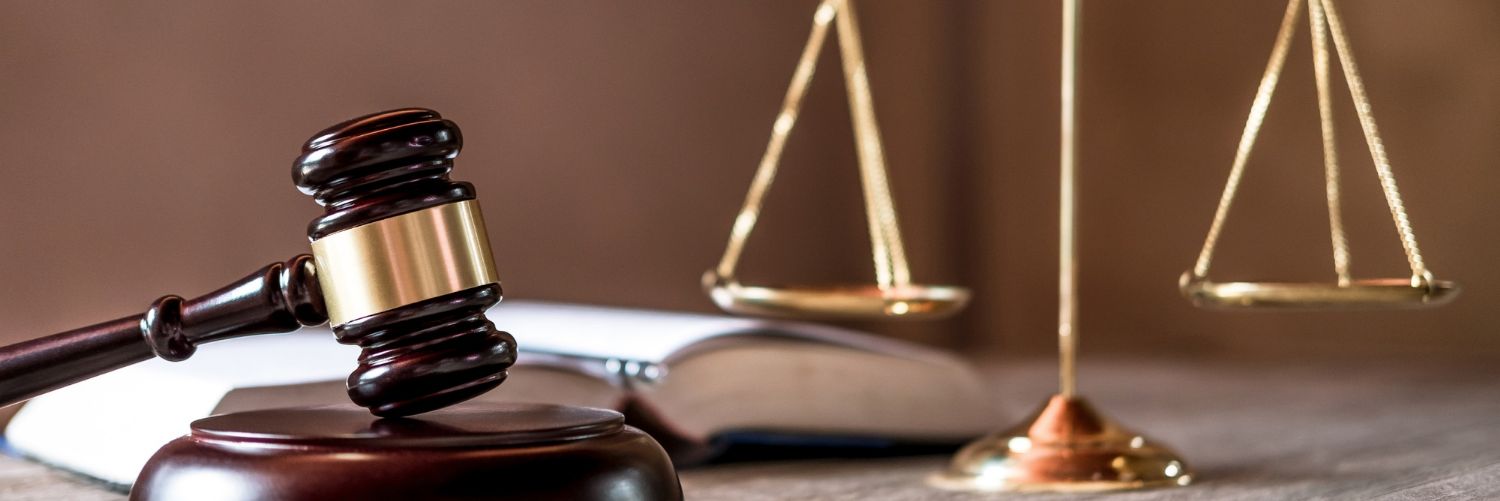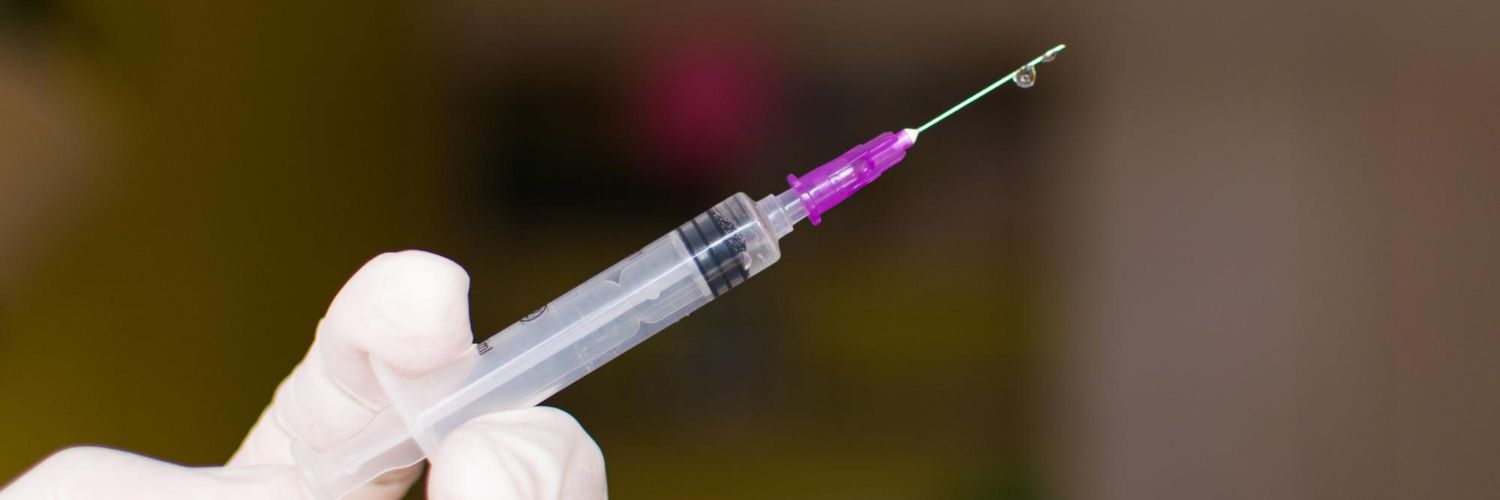Weekly Mass Torts Bulletin 2023-January-16
NJ Could Get $508M In Opioid Settlements

The state's attorney general has approved settlements with drugstore chains CVS, Walmart, and Walgreens, as well as drugmakers Allergan and Teva Pharmaceuticals, for their participation in the opioid crisis, which may cost the state up to $508 million to combat addiction and its consequences.
Nationally, the multi-state settlements total $20 billion. However, for it to take effect, a large number of states, counties, and municipalities throughout the country must agree to the settlement conditions, the outcome of which will not be known for at least a few months, according to a statement from the attorney general's office. According to the statement, the majority of the settlement funds will be used for prevention, harm reduction, treatment, and recovery activities.
Each of the five settlements, which compel the corporations to adjust their business methods and make financial restitution, has been approved by the state. If New Jersey obtains the maximum amount, it will collect $143 million from Walgreens, $131.5 million from CVS, $99.8 million from Teva, $74.4 million from Walmart, and $59.4 million from Allergan over the course of 2038.
According to the attorney general, the destruction created by the opioid addiction pandemic cannot be quantified in dollars and cents. He even stated that no amount of money could repair the grief and suffering caused. However, such a disaster may be averted in the future by holding firms accountable and compelling them to adjust their business practises, according to the statement.
According to the attorney general's office, New Jersey had 2,647 suspected drug-related deaths in the first 11 months of last year, and more than 14,000 times when the overdose-reversal medication naloxone was delivered. In each of the preceding two years, nearly 3,000 individuals died as a result of a drug overdose. According to the Office of the Chief State Medical Examiner, 54 suspected drug fatalities were recorded in the first week of 2023.
The deals announced on Tuesday are identical to those negotiated last year with New Brunswick-based Johnson & Johnson and three distributors: AmerisourceBergen, Cardinal Health, and McKesson. As a consequence of those agreements, the state, all 21 counties, and 241 municipalities will split $641 million over the next five years.
The recent agreements with the drugstore chains address charges in separate cases that they ignored warning signs that prescriptions were being diverted into criminal trafficking. The pharmacies have agreed to court orders requiring them to monitor, disclose, and share data on questionable opioid prescription activity.
The settlements with Teva, based in Israel, and Allergan, based in Ireland, which sold its generics portfolio to Teva in 2016, resolve charges that the drugmakers exaggerated the advantages of opioids, downplayed the risk of addiction, and failed to account for product misuse. Teva manufactures Actiq and Fentora, both fentanyl medications used to treat cancer pain, as well as generic oxycodone. Allergan manufactured generic opioids as well as Norco and Kadian brand opioids.
Last year, New Jersey also entered into multistate agreements with Mallinckrodt PLC, a multinational pharmaceutical business, for $30 million, and Endo International, an opioid manufacturer, for an unspecified part of $450 million.
Teva's Opioid Settlement Gets Support From 48 States

Teva Pharmaceuticals just needs two more states to achieve agreements or agree to engage in a settlement accord with the generics giant for its participation in the US opioid epidemic.
Teva claimed it is at "a sufficient level" with 48 states under its belt to move forward with its countrywide settlement agreement to handle opioid-related claims. Teva will continue to seek the two remaining states, New Mexico and Nevada, in an attempt to get them to participate.
The registration period for state subdivisions, such as cities and counties, is now open as the countrywide agreement moves forward. Subdivisions will have 90 days to join.
Given the very positive response from states, the Company remains optimistic that the nationwide settlement will garner similar support from the states' subdivisions, Teva said in a statement, adding that it remains in the Company's best interest and in the interest of those impacted by the opioid crisis to settle these cases and to continue to focus on the patients Teva serves every day.
Teva will acknowledge no wrongdoing as part of the earlier arrangement negotiated with state attorneys general and lawyers for the states and subdivisions.
Teva executives disclosed the transaction during an earnings conference in July, revealing the firm had agreed to pay up to $4.25 billion in settlement fees over 13 years, as well as $100 million to Native American tribes. That figure includes claims that had already been settled for around $550 million at the time.
According to SEC filings, Teva just disclosed $195 million in lawsuit settlements and loss contingencies, compared to just $3 million in the third quarter of 2021.
Several governments, including Texas, Florida, Louisiana, Rhode Island, West Virginia, San Francisco, and New York, have previously achieved settlements with the corporation. The latter settlement was completed in November, with the state receiving more than $500 million, according to Endpoints. This includes around $210.5 million from the national settlement and an additional $313.3 million from a trial victory.
Several settlements include naloxone hydrochloride nasal spray, which may reverse an opioid overdose. Teva plans to release a generic version of Narcan in December 2021.
Teva will be required to pay $24.8 million over 13 years in San Francisco, as well as deliver naloxone hydrochloride nasal spray for $20 million (at wholesale purchase cost) over ten years. Teva previously settled with West Virginia, paying up $75 million over 15 years, $8 million in attorneys' costs, and $27 million in generic Narcan over ten years.
Teva has been accused of using misleading marketing practices with opioids, including downplaying the risk of addiction while exaggerating its advantages. However, it is not the only one.
In November, Walmart announced a $3 billion opioid-related settlement, joining CVS and Walgreens. Walmart was accused by the New York Attorney General's office of contributing to the US opioid problem by failing to control opioid prescriptions in its shops. Allergan, a subsidiary of AbbVie, agreed to pay up to $2.37 billion to state and municipal governments harmed by the opioid crisis.
According to the CDC, more than 263,000 persons died in the United States from prescription opioid overdoses between 1999 and 2020, with overdose fatalities increasing nearly fivefold throughout that time period.
Federal Court Rejects To Reopen Zofran’s Birth Defect Cases

A federal appeals court declined to reopen hundreds of claims filed by women alleging that GlaxoSmithKline Plc neglected to warn them that using the anti-nausea medication Zofran during pregnancy might result in birth abnormalities.
The 1st U.S. Circuit Court of Appeals in Boston concluded that federal law preempts the plaintiffs' state-law allegations that GSK neglected to warn doctors and pregnant women about animal studies that indicated a relationship between taking Zofran and birth abnormalities.
The verdict affirmed a 2021 decision by a United States district judge that marked the conclusion of 425 complaints consolidated before him in long-running multidistrict litigation.
GSK said in a statement that the verdict was appreciated because the US Food and Drug Administration had consistently rejected the product labelling that plaintiffs' attorneys had asked for in this dispute. A request for a response from the plaintiffs' counsel was not returned.
The FDA authorized Zofran in 1991 to prevent nausea and vomiting induced by surgery, chemotherapy, or radiation therapy; nevertheless, the plaintiffs claimed that GSK pushed the medicine as an off-label treatment for morning sickness without sufficiently advising of the hazards.
The plaintiffs' attorneys argued that the Japanese animal studies that GSK allegedly hid from the FDA would have warranted a revision to the drug's warning label saying the research found detrimental effects on the foetus.
However, a U.S. Circuit Judge writing for the three-judge panel stated that those studies did not constitute newly obtained knowledge and that the FDA was previously aware of the hazards as a consequence of earlier research when it authorised Zofran. The judge also stated that without any new information, GSK could not legally update the label without the FDA's approval. Even if the Japanese studies revealed new evidence, the FDA's later decision in 2021 to approve an amended warning label weakened the plaintiffs' allegations.
The 2021 update came in response to a request by Novartis AG, which had bought Zofran from GSK in 2015 and recommended warnings about the hazards to foetuses.
But the judge stated the FDA, by then, was aware of the Japanese research, instead authorised a label that read "animal data demonstrated "no substantial effects of (Zofran) on the maternal animals or the development of the offspring.
When the FDA legally approves a label expressing one thing with full and apparent notice of the directly opposing opinion, the approval might be seen as rejecting the opposing position.
3M Spends More Than $450M Over Earplugs Lawsuits

According to court papers, 3M Co. has spent more than $450 million on defence as it fights charges that faulty earplugs given to the US military impaired troops' hearing.
The business, which has lost a succession of test trials over the earplugs, filed for Chapter 11 bankruptcy protection in July in the hopes of containing the estimated $7 billion litigation over the device. In a bankruptcy court filing last month, 3M's attorneys requested more than $19 million in fees and charges for work on the case from July to October, bringing the total to $366 million.
According to court records, the corporation also anticipated in July that it would spend another $100 million on attorneys and legal fees defending the earplug claims for the remainder of 2022, increasing its possible total bill to almost $466 million.
According to a legal expert at the University of Richmond who teaches about mass-tort lawsuits, the corporation must come up with an acceptable settlement agreement for these claims to end. He went on to say that $466 million is a lot of money to spend on attorneys and defence expenditures, not to mention the brand damage the firm is creating with all of these trial defeats.
The fee figure is just the latest twist in the almost four-year legal saga involving 3M's earplugs. More than a dozen juries decided that the faulty goods were responsible for the veterans' hearing loss and ordered the manufacturer to pay more than $300 million in damages. In addition, 3M has received six defense verdicts in so-called test trials. A bankruptcy judge determined that the company's bankruptcy filing could not be used to halt the earplug trials. More than 200,000 veterans have claimed that the defective earplugs caused them harm.
3M representatives did not immediately respond to emails seeking comment on the legal-fee total in the earplug case.
3M filed for Chapter 11 bankruptcy in Indianapolis with the goal of facilitating faster and cheaper earplug litigation settlements. Other firms facing mass-tort lawsuits, such as Johnson & Johnson and Purdue Pharma LP, are using similar bankruptcy filings to cope with their legal troubles rather than state and federal court trials and settlements.
However, the court handling the earplug case consolidation in Florida last month determined that 3M cannot move financial responsibility for the damage judgments and other obligations to its Aearo company in bankruptcy. 3M has launched mediation attempts in both the Florida and Indiana bankruptcy cases with the goal of reaching out-of-court agreements.
According to the bankruptcy documents, 3M spent around $47.77 million on attorneys' fees and legal expenditures in the first quarter of last year and approximately $74.5 million in the second quarter. According to the petition, that amounted to nearly $4.7 million spent every week. According to the statement, 3M also expects to pay approximately $3.8 million each week in legal expenses for the remainder of 2022.

